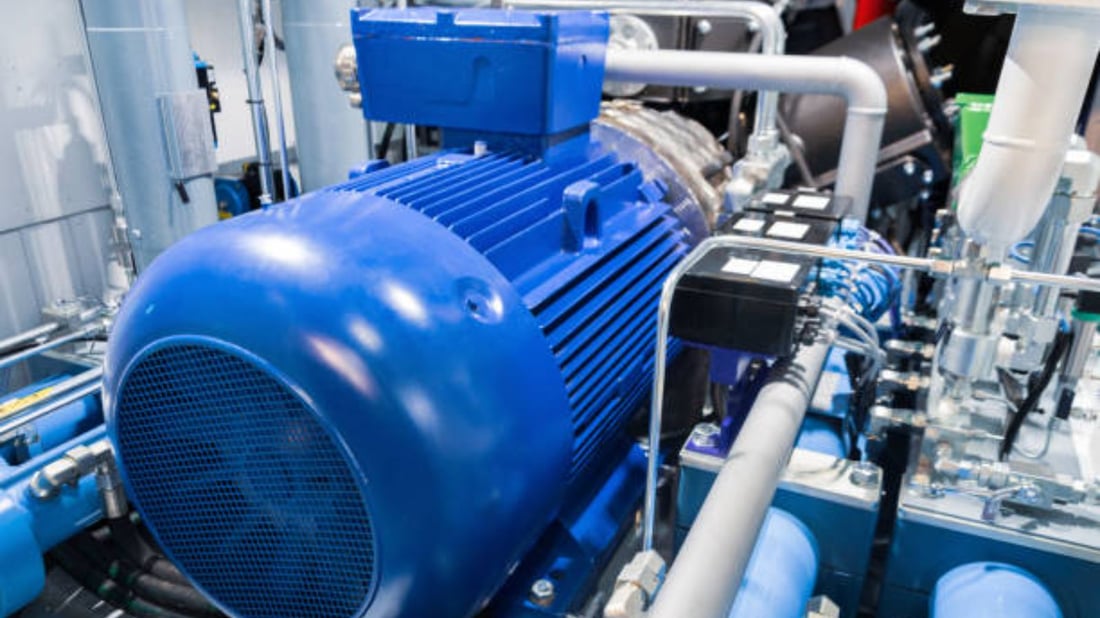The Basics of Compressor Oil Pump
Compressor oil pumps are crucial components in any compressor system. They are responsible for regulating the flow of oil throughout the compressor system to keep it lubricated and functioning properly. Without the oil pump, the compressor could quickly become damaged and lose efficiency.
How Does an Oil Pump Work?
An oil pump operates by drawing oil from the compressor's reservoir and circulating it through the system. The oil is pressurized by the pump to ensure that it flows freely through the various parts of the compressor system. The oil pump also helps to filter the oil to remove any impurities that could damage the compressor.
Why is Oil Important in Compressor Systems?
Compressor systems require a steady flow of oil to maintain proper lubrication and prevent wear and tear on moving parts. The oil also acts to cool the system and reduce the risk of overheating. Without adequate oil, the compressor could suffer from excessive wear and tear and ultimately fail.
What are the Different Types of Oil Pumps in Compressor Systems?
Compressor systems can use different types of oil pumps, depending on the specific needs of the system. Piston pumps, gear pumps, and vane pumps are three common types of pumps used in compressor systems. Each type of pump has its own advantages and disadvantages, and the choice of pump will depend on the specific requirements of the compressor system.
How Can You Tell if an Oil Pump is Failing?
Signs that an oil pump may be failing include excessive noise, reduced oil pressure, and poor lubrication of moving parts. If you notice any of these symptoms, it is essential to have the pump inspected and repaired or replaced as soon as possible to avoid damage to the compressor system.
How Can You Maintain an Oil Pump?
To keep the oil pump functioning correctly, regular maintenance is necessary. This includes inspecting the pump for signs of wear and tear, checking oil levels and pressure, and replacing any damaged or worn parts promptly. Regular oil changes are also necessary to keep the oil clean and free from impurities.
What Happens if You Overfill the Oil in a Compressor?
Overfilling the oil in a compressor can lead to a variety of problems, including reduced efficiency, increased pressure, and damage to the compressor's seals and bearings. It is essential to follow the manufacturer's guidelines for oil levels carefully to avoid any issues.
What is Synthetic Oil, and Should You Use it in a Compressor?
Synthetic oil is a type of lubricant that is designed to provide superior protection against wear and tear, as well as improved performance at high temperatures. Whether you should use synthetic oil in your compressor system will depend on the specific requirements of the system and the manufacturer's recommendations.
What is the Role of a Compressor Oil Filter?
A compressor oil filter helps to remove impurities from the oil to keep it clean and free from contaminants. This is essential to maintain proper lubrication and reduce the risk of damage to the compressor system due to impurities in the oil.
Can You Run a Compressor Without an Oil Pump?
No, it is not possible to run a compressor without an oil pump. The oil pump is an essential component of the system that keeps the compressor lubricated and functioning correctly. Without an oil pump, the compressor would quickly become damaged and stop working.

